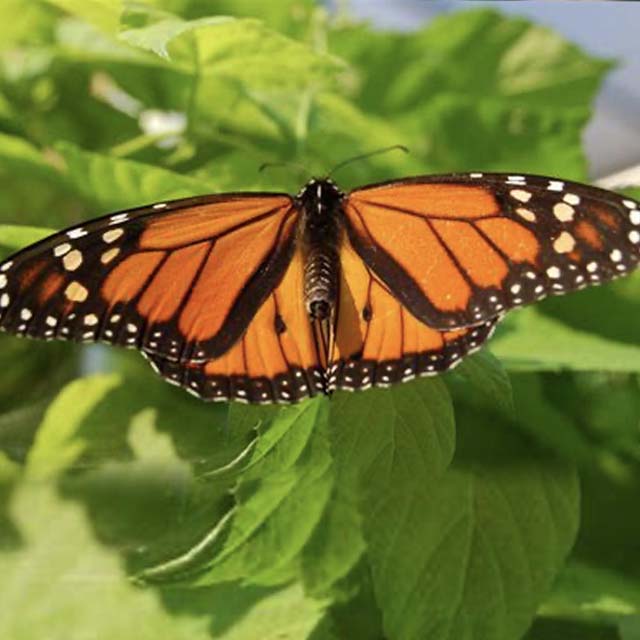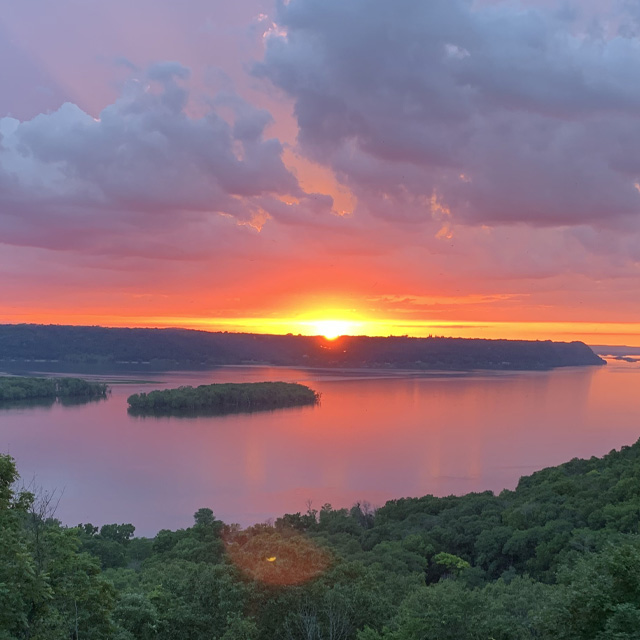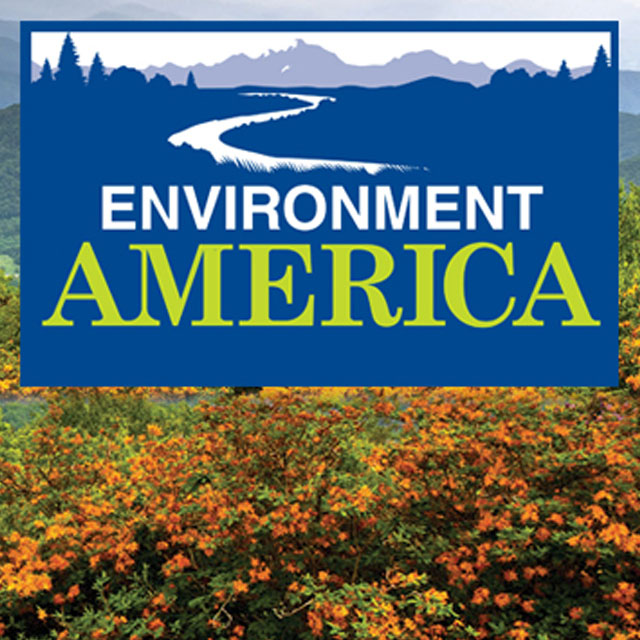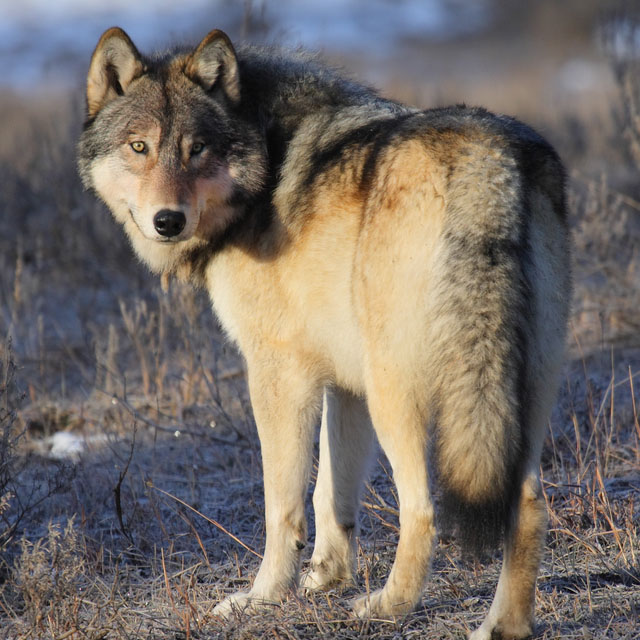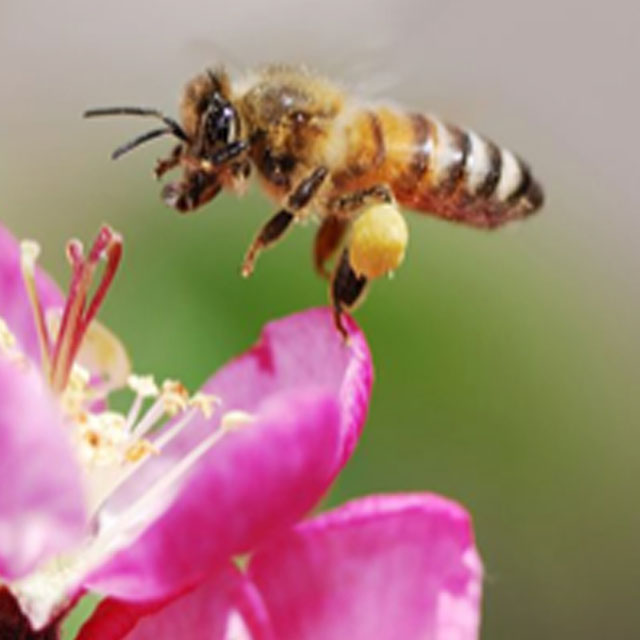Creation does not wait for an occasion to gift us with its treasurers. We receive them constantly as things necessary for us to thrive on planet earth. They are the air we breathe, the water we drink, the food we eat and the beauty that feeds our spirits. Appreciation, gratitude and respect is all that is required from us. We love giving and receiving gifts. Here’s one to consider. We can show the Creator’s generosity our gratitude by caring for one of its creatures, the splendidly arrayed Monarch Butterfly, a gift more precious than anything one can buy anywhere.
Read MoreIN THIS CLASS, WE WILL CONSIDER TOGETHER THE MYRIAD CHOICES, DOCUMENTATION, RECORDS, ETC. ONE CAN PREPARE AHEAD OF TIME AND GET A GOOD START ON THOSE PREPARATIONS.
What is unique about this class? There are many similar and excellent courses available. However, in this class we will be exploring not only the legal documentation, but practical considerations relational networks, wishes for your memorial and for your body’s disposition, and much more. All of this information is valuable to anyone no matter your age or state of health.
Read MoreConsider creating functional eco-systems as a spiritual practice. Taking our place with instead of over the natural world is essential for the survival of life on planet earth. Choosing to create functional eco-systems is to live within a land ethic in the midst of a crisis of species loss.
Read MoreBaytown, Texas sits between a bayou and the Gulf of Mexico, on the outskirts of Houston. It also sits under a haze of air pollution from an oil refinery. The ExxonMobil oil refinery and chemical plant in Baytown is one of the largest — and most polluting — in the country. When we found it had released millions of pounds of illegal pollution into the air, we took Exxon to court. And we won.1 After 13 years of litigation, and many attempts by Exxon to shirk responsibility, a federal appeals court has ruled in our favor — for the third time.…
Read MoreNational Public Lands Day is Saturday, but wolves in the Yellowstone area are being slaughtered mercilessly — and private interests like trophy hunters and Big Oil and Gas are making matters worse.
That’s why a generous group of donors is matching every gift in honor of National Public Lands Day, up to our goal of $47,500, until midnight on Saturday. Because you’ve been such an essential supporter, we created a custom match link you can use to be the FIRST to double your impact — so hurry and give now!
Read MorePortrays the life and work of the famous eco-theologian. The feature length film is available for purchase and viewing from bullfrogfilms. As a pioneer in the field of spirituality and ecology, Thomas Berry created a quiet revolution. He was a monk, a cultural historian, an author, a teacher, and a mystic. He saw his life work as waking us up to that sacred story. He called us “mad” for the way we are despoiling our home, our planet, its beauty, and its living systems. He was a force that reminded us that we are living through the greatest extinction spasm of the past 65 million years. We are the ones responsible. Berry urged us to change our ways.
Read MoreBuzzing from flower to flower, bees shape the world around us. From upholding our food system to preserving biodiversity, bees are our best pollinators. But did you know these facts about bees? There are 4,000 native bee species in America. Bees come in as many sizes, shapes and colors as the flowers they pollinate. Even the world’s smallest bee — just 2 millimeters long — calls America home! Bees don’t just live in hives! Only social bees live in hives, making up 10% of bee species across the world. Other bees can be found in marshes, sand dunes, cliffs, peatlands, wetlands, grasslands, quarries, gravel pits, sea walls and even more amazing places. But across the country, their habitat is being destroyed by human activity.
Read MoreShem Center for Interfaith Spirituality
708 North Harvey Avenue
Oak Park, IL 60302
(708) 848-1095
shemcenter1993@gmail.com
Photo Credits: Emory Mead, Stephen B. Starr, Joseph Kilikevice
The Shem Center for Interfaith Spirituality website is awarded a 2022 American Digital Design Award for excellence in design and user experience.

